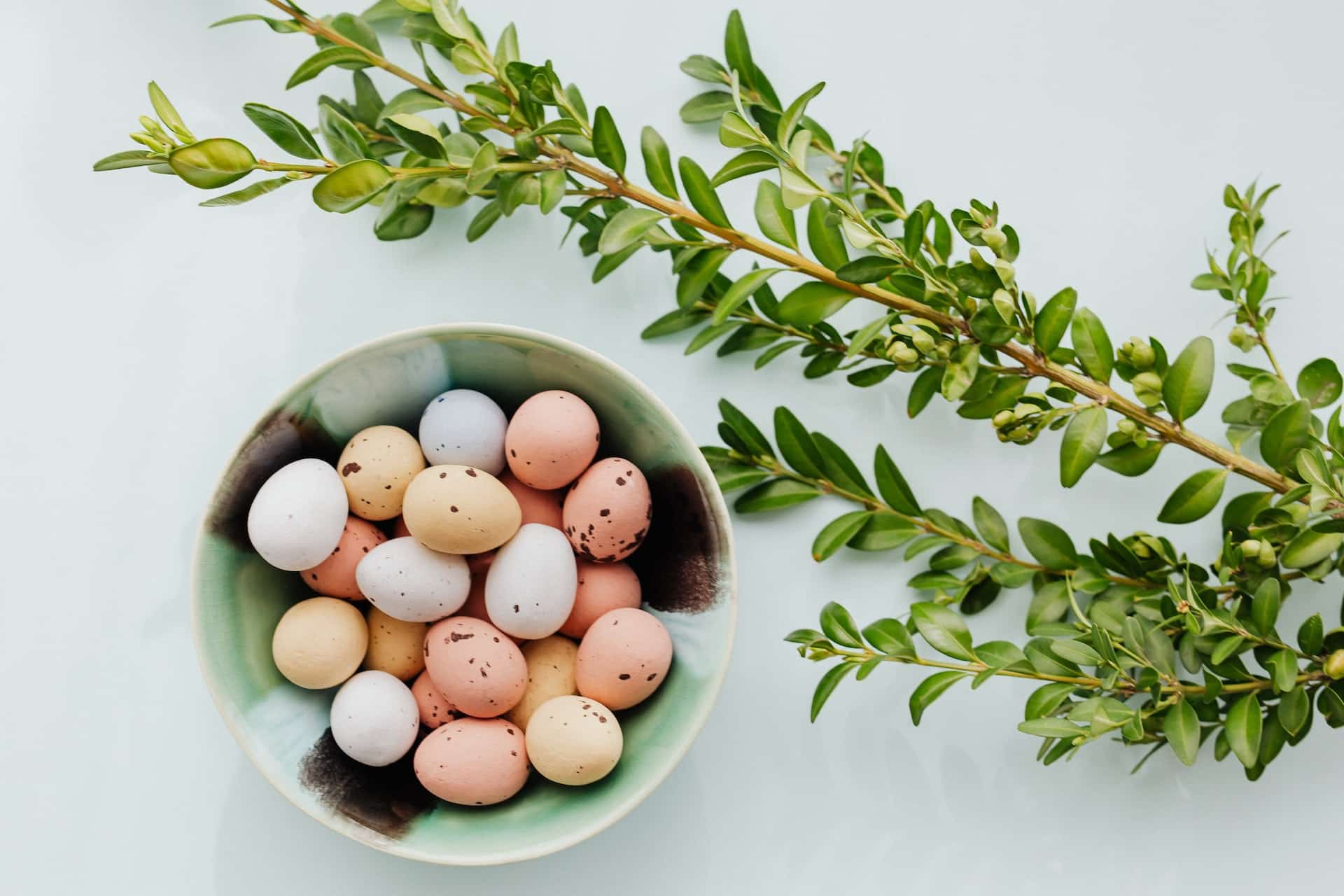Are virgin boy eggs real? Yes, virgin boy eggs are indeed real. The world is full of wonders and virgin boy eggs are one of them. However, before diving into debate it is important to know that consuming virgin boy eggs is not widely practiced. It is limited to a specific region and cultural tradition. The practice has also faced criticism due to concerns regarding hygiene and potential health risks.
Virgin boy eggs are also known as “tongzi dan” or “virgin boy urine eggs”. They are famous in China’s northeast city of Dongyang, in the middle of Zhejiang Province. This traditional dish involves using urine collected from immature boys. Virgin boy eggs are a rare, unique and a controversial culinary experience.
Confirmation Of The Existence Of Virgin Boy Eggs
There is much evidence that proves the existence of these unqiue eggs. Cultural practices and traditions play a crucial role in confirming the use of virgin boy eggs in China and the local culture of Dongyang. Specific rituals, ceremonies, or festivals revolve around the consumption of these eggs.
Testimonies and eyewitness accounts confirm the existence of virgin boy eggs. Individuals who have witnessed or participated in preparing or consuming these eggs offer valuable insights in to the practice. The historical records, cultural traditions, and eyewitnesses show the reality of these eggs as a unique phenomenon. The evidence confirms their existence as part of Dongyang’s heritage. These eggs are consumed as tradition.
The Preparation Process Of Virgin Boy Eggs

The preparation process of virgin boy eggs involves several steps that contribute to their unique characteristics.
1: Collection Of Urine From Prepubescent Boys
The age of boys is typically between 8 and 12. The belief behind this practice is that the urine of young boys is considered purer and contains beneficial properties.
2: Usage Of Urine For Cooking Or Soaking Eggs
Urine collection is a basic step in the preparation process. People use Chicken or duck eggs for this practice. The eggs are cooked in the urine or soaked for a specific duration.
3: Repeated Cooking And Soaking Cycles
These eggs undergo multiple rounds of cooking and soaking in urine. Depending on the desired outcome, this process can range from a few hours to several days. The eggs are carefully cracked open, and the shells pull out at specific intervals.
4: Transformation And Appearance Of Eggs

As a result of the chemical reaction between the urine and the eggs, the shells acquire a brownish color. The eggs develop a unique pattern and become tea-colored marbles. The preparation process influence the texture and flavor of the eggs, resulting in a distinct taste.
Fake Eggs Vs Real Eggs
Fake eggs are counterfeit eggs or artificial eggs. They are imitation products that attempt to mimic real eggs. The people typically made them from various non-materials, such as resin, plastic, and chemicals. These fake eggs usually cut costs in the production process. Whereas, real eggs are real eggs of various animals, most commonly from chickens. Real eggs are a natural and nutritious food source. It contains protein, vitamins, minerals, and healthy fats. They have a hard outer shell, an inner egg white, and a yolk.
- Fake eggs may have shells that appear unnaturally smooth, shiny, and porous texture found in real eggs. Whereas, real eggs have a hard, calcified shell with slight variations in texture and color.
- Fake eggs often lack a distinct separation between egg white and yolk. Whereas, real eggs have a clear separation between the egg white and yolk. The yolk typically has a more prosperous and yellowish color.
- Fake eggs do not offer the same nutritional benefits as real eggs. As real eggs are a natural source of protein, vitamins (such as vitamin B12 and D), and minerals.
- In terms of taste and texture, fake eggs may have an unnatural taste or texture. On other the other hand, real eggs have distinctive flavors and textures.
- Moreover, real eggs have a familiar taste and a texture that vary depending on their cooking process.
How To Check If The Boy Is A Virgin?
It is not ethically acceptable to physically examine someone’s virginity. Also, it is unnecessary to check if a boy is a virgin specifically to prepare virgin boys’ eggs. Virginity is a personal and private matter that everybody has to respect. The preparation process of virgin eggs involves using urine from prepubescent boys. It is unrelated to assessing or determining an individual’s virginity for that.
Controversies And Criticisms Of Virgin Boy Eggs

Most Critics raise concerns about the health risks of using urine in food preparation. Hygiene standards regarding the collection and use of urine raise eyebrows about bacteria and the spread of diseases. Cultural Appropriateness is also another major concern. Critics argue that such traditions may contribute to individuals’ unequal treatment based on gender.
Current Status Of Virgin Boy Eggs
The Chinese authorities have discouraged the practice due to concerns regarding hygiene and ethical considerations. Firstly, the dish has faced a lot of criticism both within and outside of China. The urine collection from young boys is the main component of the submitted ethical questions. Many people have raised concerns about the hygiene factor while using urine as a cooking ingredient.
As a result of these concerns and criticisms, the practice of making and consuming these virgin eggs has decreased. Overall, the current status of virgin eggs reflects a decline in their popularity.
In conclusion, “virgin boy eggs” refers to a specific practice in Dongyang, China. This is an actual practice and not a myth or legend. However, the existence of these eggs has sparked controversies and criticisms. It is vital to approach discussions about such practices with respect. However, it is crucial to recognize that assessing someone’s virginity to prepare “virgin boy eggs” or any other reason is inappropriate. Virginity is a personal matter; everybody should respect it. Moreover, the practice itself is not widely recognized or embraced beyond Dongyang, China.


